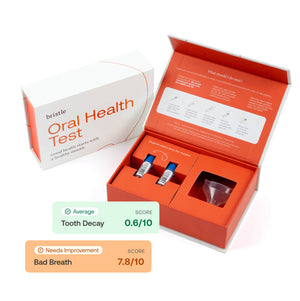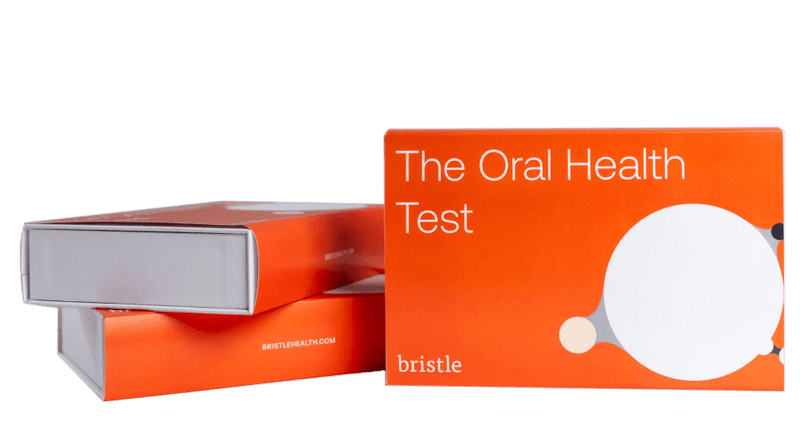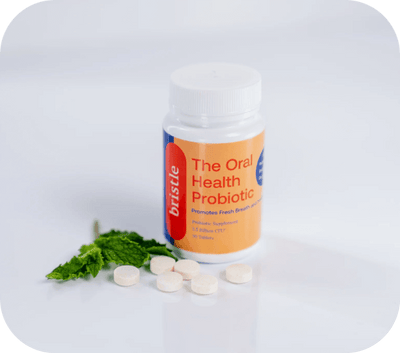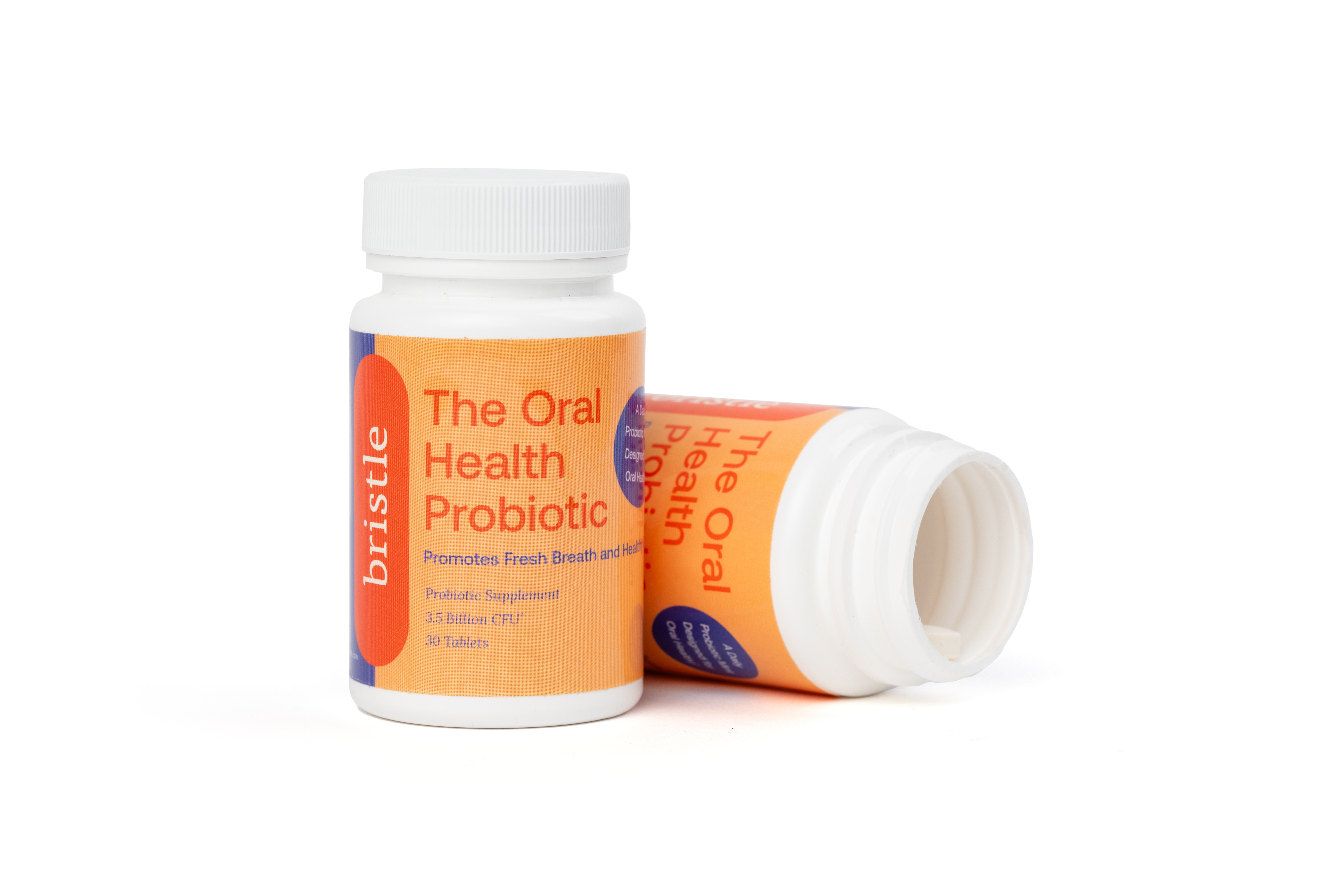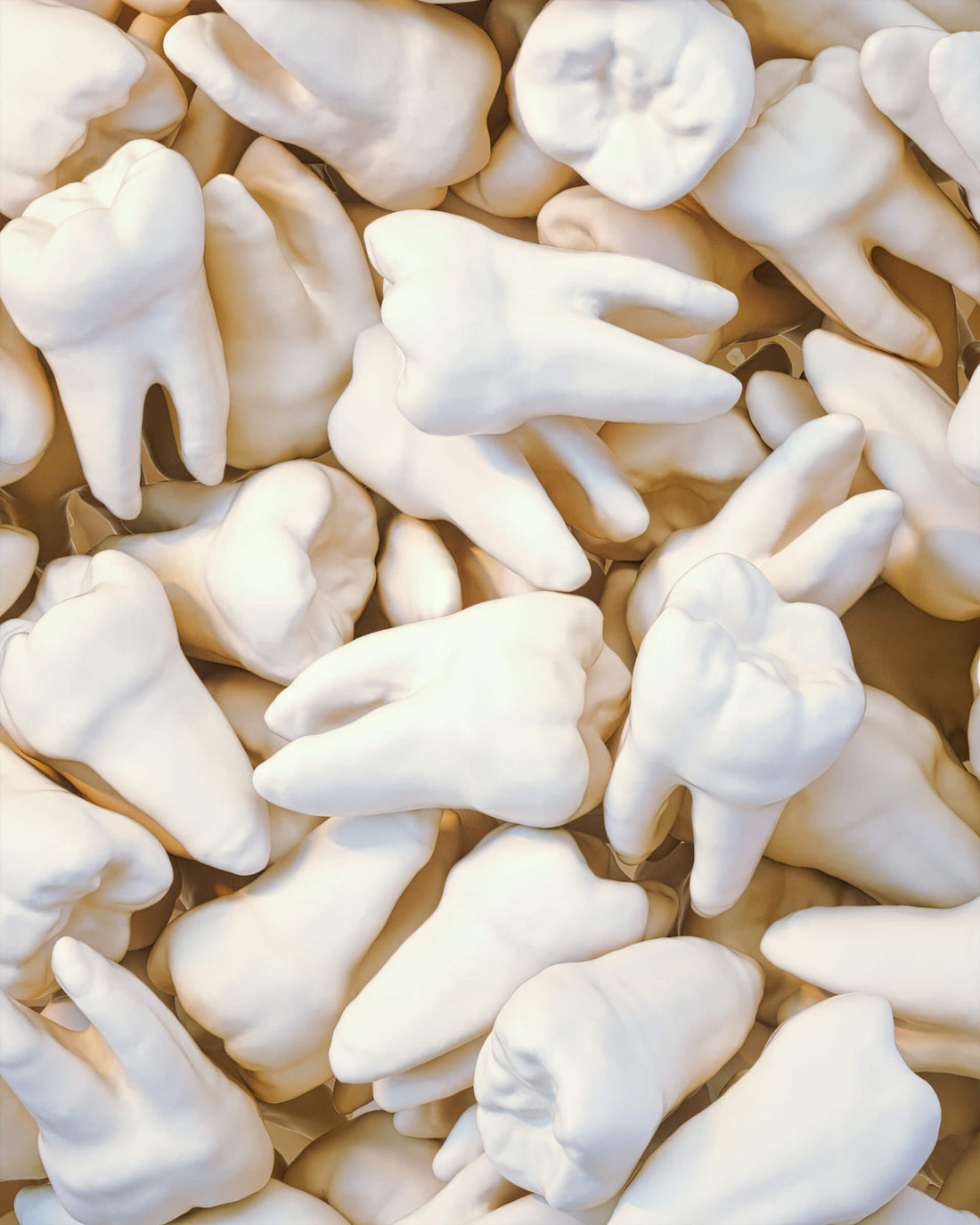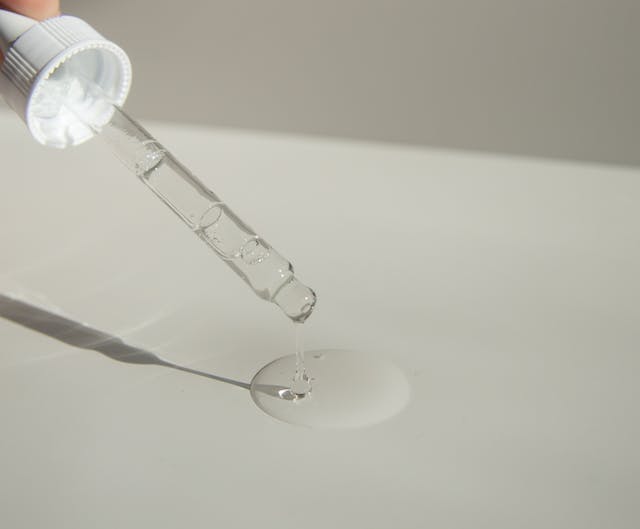An astonishing 92% of American adults age 20-64 have developed at least one cavity in their permanent teeth. Cavities, or caries, are areas of demineralized (decayed) tooth enamel, first seen as discolored patches and then, if untreated, creating holes in your teeth.
How likely are you to develop a cavity? Cavities, also called dental caries, are second only to the common cold in prevalence. Even people with excellent oral hygiene habits can find themselves in the dentist’s chair for fillings. That is, to have the infected part of the tooth removed through drilling and then refilled with silver amalgam, gold or composite materials.
This may make you wonder, are some people more prone to cavities? After all, what else would explain how people with perfect oral health routines still get them? Let’s take a look.
Who is more prone to cavities?
Unfortunately, some people ARE more prone to cavities than others. This propensity is caused by various factors including genetics, diet, and general health, as well as oral hygiene. Below we highlight common causes of increased cavity risk, and what you can do to reduce your risk of caries.
Causes of being cavity-prone
What are some of the signs or factors you should watch for? Let’s look at some of the most common risk factors.
Genetics
Children of people who get a lot of cavities tend to also get a lot of cavities. This is usually attributed to passing down poor dental care habits. However, hereditary factors can also have an effect. It’s difficult to separate nature from nurture, since most children share the diet and dental habits of their biological parents. That’s why twin studies are useful, since they look at identical twins with the same genetics who grow up in different environments. Twin studies like the ones reviewed in this article suggest that there is a biological component that makes some people more predisposed to developing cavities than others. Factors include variations in dental enamel, immune response and sugar metabolism. That leads us to the next factor, your oral microbes and their genomics.
Oral Bacteria - the microbes that live in your mouth
A community of over 6 billion bacteria live in your mouth.
Don’t freak out, that’s normal!
Some of these are good bacteria that help keep your teeth strong. Some of these bacteria are bad actors, called pathogens. These pathogens release acids that decay tooth enamel, which creates cavities in your teeth.
An overabundance of cavity-causing bacterial species living in your mouth can lead to cavities, as well as other dental problems. Testing your oral microbiome, the community of microbes living in your mouth, can help determine if you are harboring too many bad bacteria.
Diet - The foods you eat and beverages you drink
Your diet plays a huge role in your risk for cavities. Bad bacteria feed on sugar, so a diet full of sweets and simple carbs helps these bacteria to prosper.
Acidic foods and beverages can damage the protective enamel on your teeth, weakening the barrier to bacterial acids, sometimes even causing deep grooves where bacteria can get stuck (develop biofilms, aka plaque) and grow, producing even more acid.
On the flip side, crunchy fruits and vegetables like carrots and apples can help remove the sticky plaque from your teeth that provides a safe haven for bad bacteria to grow.
Saliva - Why water Matters
The amount of saliva you have in your mouth is also a factor. Saliva helps to wash away bad bacteria and food particles that can help the bacteria to grow. That’s why rinsing after meals is an important first step in oral hygiene, especially if you can’t brush or floss.
Dry Mouth - When you don’t produce enough saliva
Unfortunately, some health conditions such as diabetes or stroke can cut down on the amount of saliva your body produces. Dehydration and autoimmune diseases, such as Sjogren’s syndrome are other causes of dry mouth. Furthermore, many medications, including common medications such as antidepressants and antihistamines and especially chemotherapies, can provoke dry mouth as a side effect.
Tooth Shape and Placement
The shape and placement of your teeth are other important factors. Crooked teeth are harder to clean, thus making it harder to remove bits of food or sticky plaque from your teeth. Close-set teeth are harder to floss and provide additional nooks and crannies for bacteria to form plaque.
Receding Gums
Many older adults experience gum recession as their teeth wear down. By exposing the soft dentin closer to the roots, rather than the harder enamel, this puts these teeth at a higher risk of developing cavities,
What can you do to protect yourself?
Yes, some people are more prone to cavities than others. But this doesn’t mean you are doomed to a life of dental fillings. Instead, you can practice an effective hygiene plan to keep your teeth clean and healthy.
Brushing your teeth at least twice daily with fluoride toothpaste, flossing to remove food particles from between your teeth and breaking up bacterial plaque, and visiting your dentist regularly for cleaning and examination can all inhibit plaque formation and reduce your risk of cavities.
Wondering if your efforts are enough? An easy way to find out is to measure the balance of good and bad bacteria in your mouth. You can easily find out by taking the Bristle oral health test. We’ll analyze the bacteria levels in your saliva and let you know your risk of cavities and gum disease, then give you an action plan with product and hygiene recommendations.

